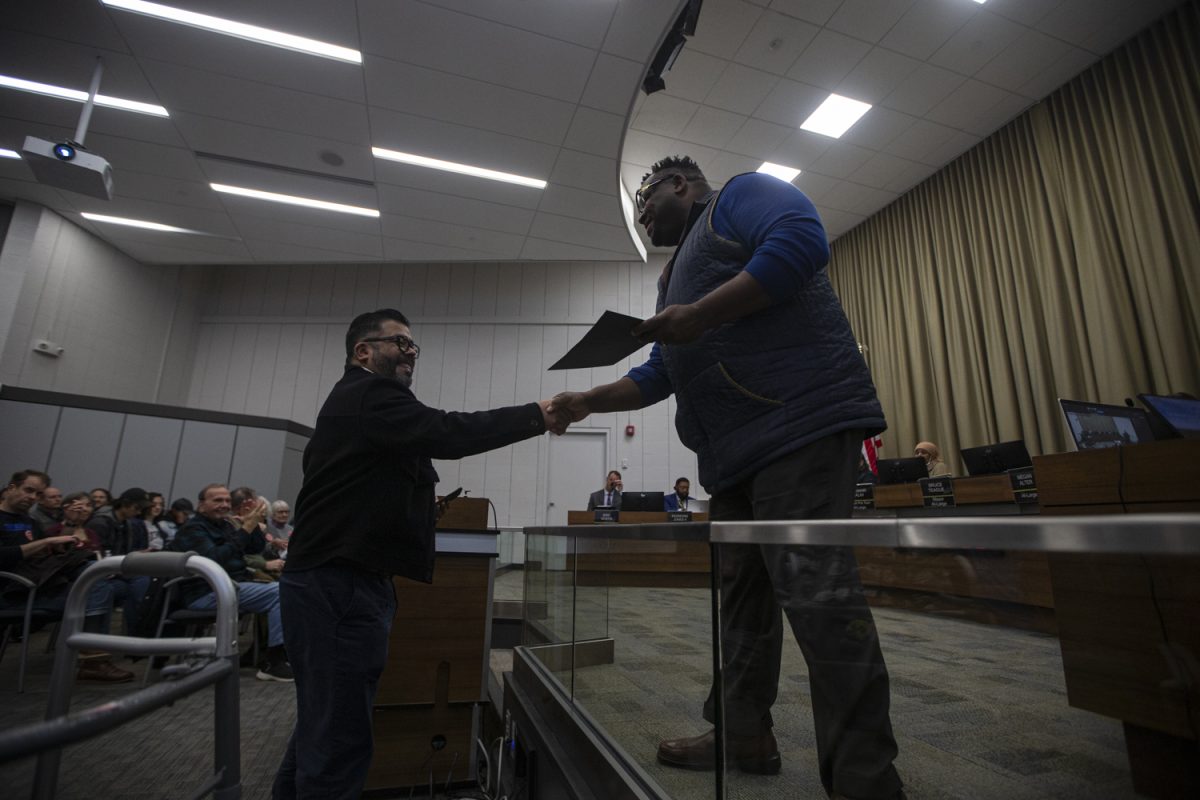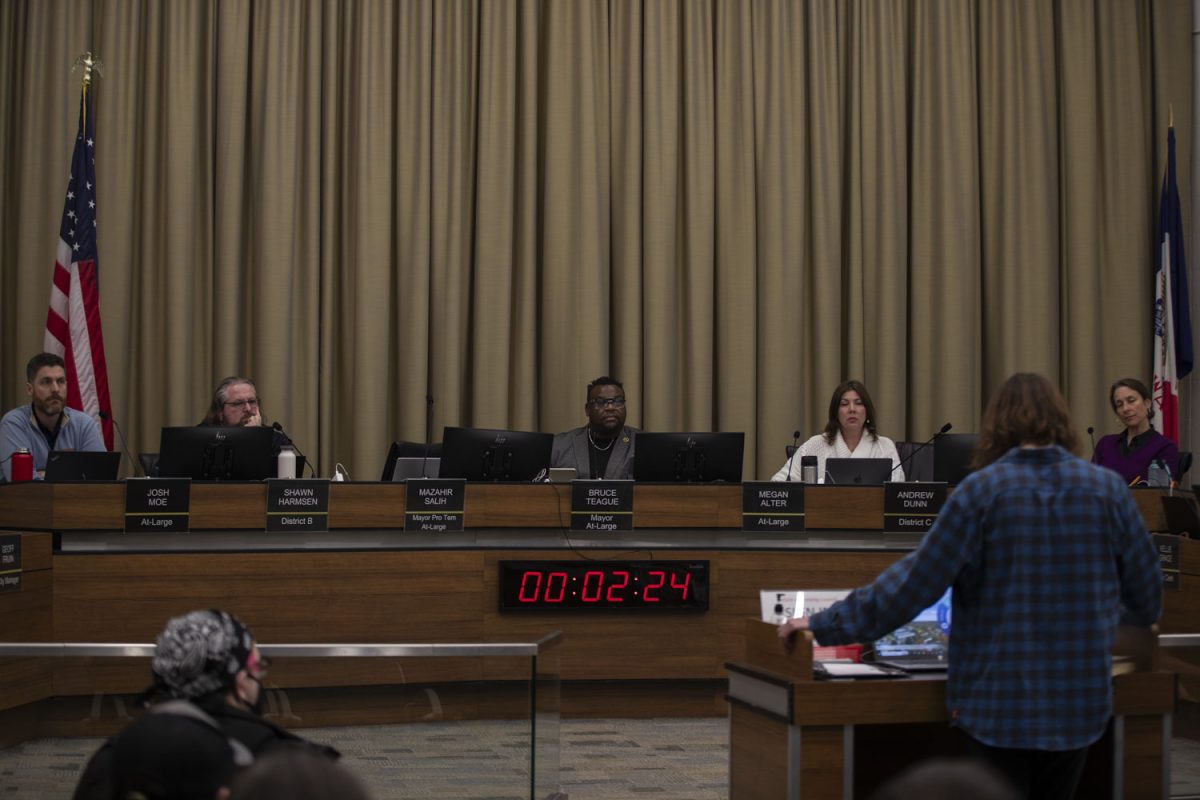By Hannah Crooks
[email protected]
When Charles Monroe-Kane began writing his memoir, Lithium Jesus, he asked himself, “How do you tell the story of yourself?” He realized that he didn’t want it to be a story of the facts about his life, travels, and manic episodes.
“I wanted to tell the big-T truth,” he said. “What it feels like to be alive in this universe and how I actually felt about my mental illness. Why didn’t I take my medicine for so many years? Let’s dive into that, instead of just saying that it’s bad.”
Monroe-Kane also wanted to ensure that when writing, he didn’t judge himself or anyone else. His goal was to have a story that people not only found intriguing, they could relate to it on a personal level.
“For those who have a mental illness, I hope damn well they have a reminder they’re not alone,” he said. “For those who don’t, I hope they think it’s an interesting story and maybe they can learn some empathy.”
At 7 p.m. today, Monroe-Kane, who described the book as “an earnest mix of sex, drugs, and mental illness,” will read at Prairie Lights, 15 S. Dubuque St.
While dedicated to his writing, his main job is working as a senior producer on the radio show “To the Best of Our Knowledge,” on Public Radio International. He has worked in radio for more than 15 years and
is a Peabody Award winner.
Monroe-Kane enjoys said he enjoys the storytelling aspect of public radio, and he believes his work is doing some good in the world.
“Not everyone has a job that allows them to feel they have integrity,” he said. “And I really feel like I have that.”
Before he began working in radio, Monroe-Kane traveled and lived in many places around the globe, including Costa Rica, Amsterdam, and Prague.
“When I graduated from college, like anyone else, I wanted to see the world,” he said. “I lived in Europe for about a decade, did a lot of drugs, I was living in squats, and I wasn’t really connected to either reality or having a career.”
Monroe-Kane’s work preceding his interest in radio included running a record label in Amsterdam, editing an environmental magazine in the Netherlands, managing a circus, and helping open an internet café in Prague, among many other occupations.
“None of them were careers; they were just jobs,” he said. “I wanted to do something interesting, which, surprisingly, you can do if you really put your mind to it.”
While working in the internet café, he listened to a few radio programs that put audio on the internet and thought it might be something he wanted to do.
“I wanted a career later on, something you can do for 20 years,” Monroe-Kane said. “Something you can really sink your teeth into.”
He found this in public radio.
As far as his experience with mental illness, he said it has affected every part of his life, including how he sees others.
“I think when I see a homeless guy on the street, muttering, I have a lot more empathy,” Monroe-Kane said. “I recognize it; I used to hear voices, I know where he’s been. The only difference between me and him is I was lucky enough to get some help. I’m very thankful for that.”
Charles Monroe-Kane
When: 7 p.m. today
Where: Prairie Lights, 15 S. Dubuque
Cost: Free







